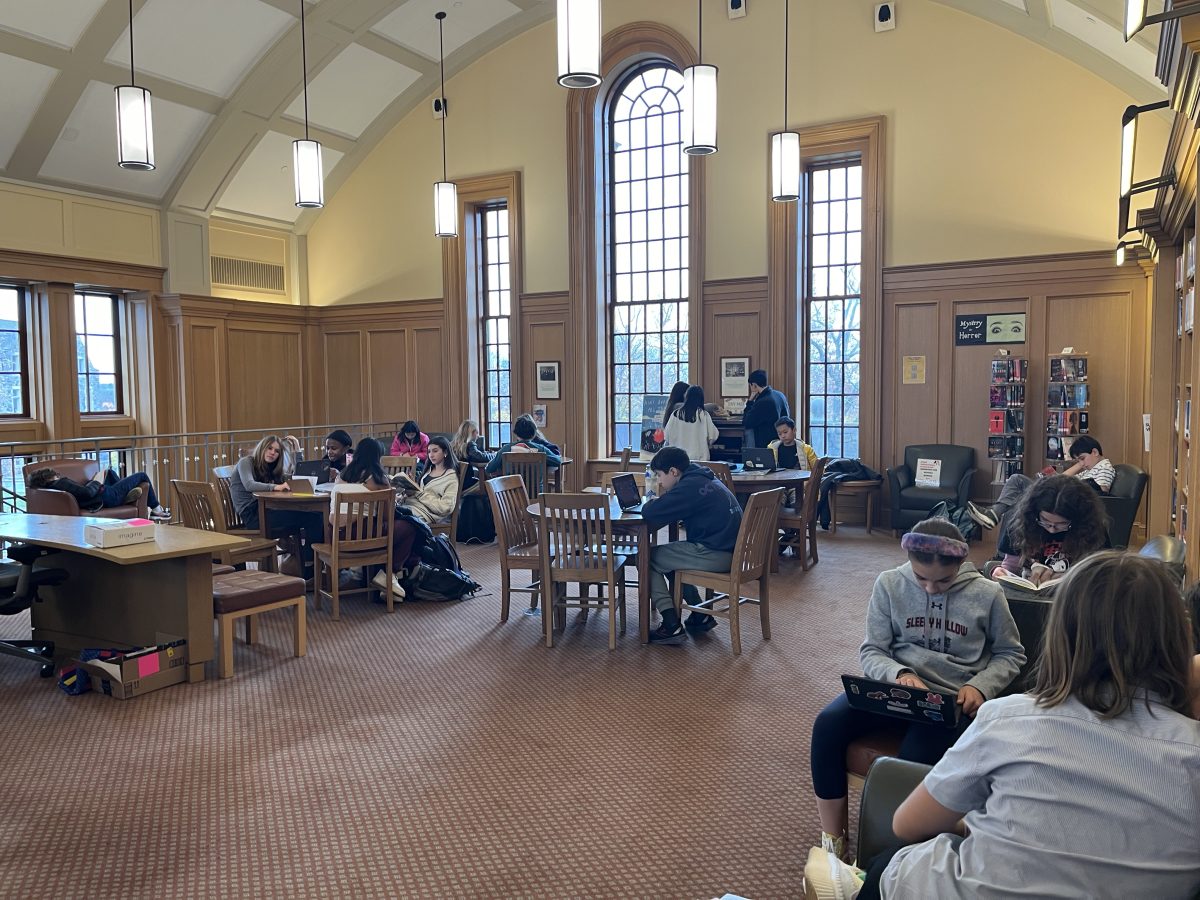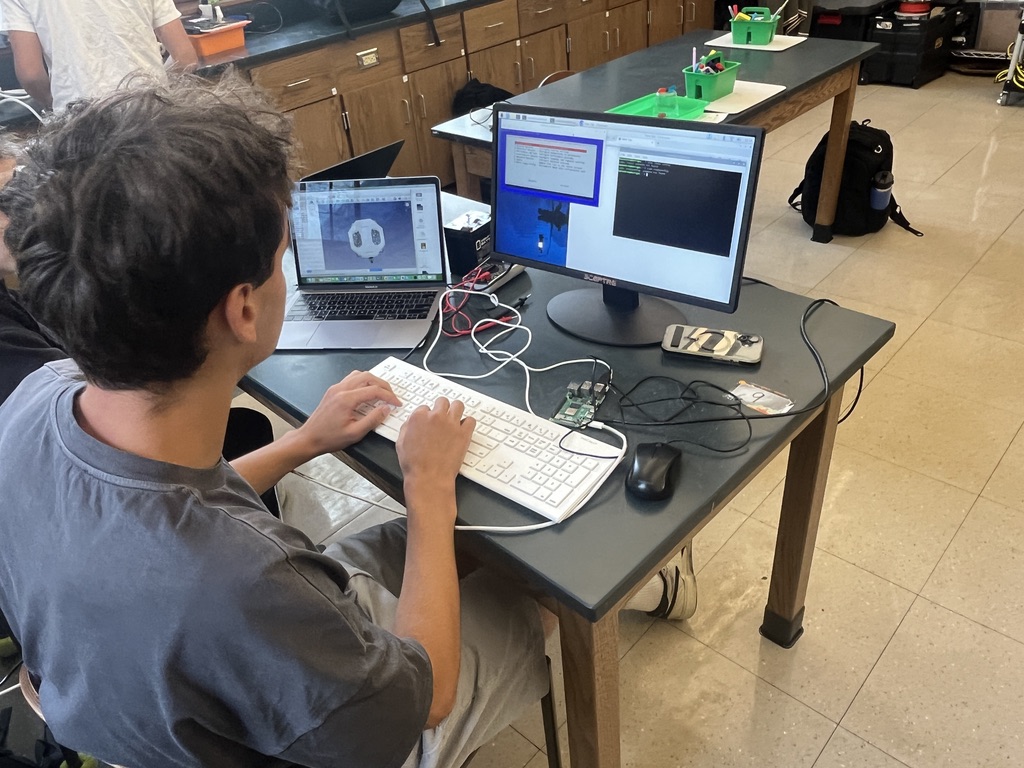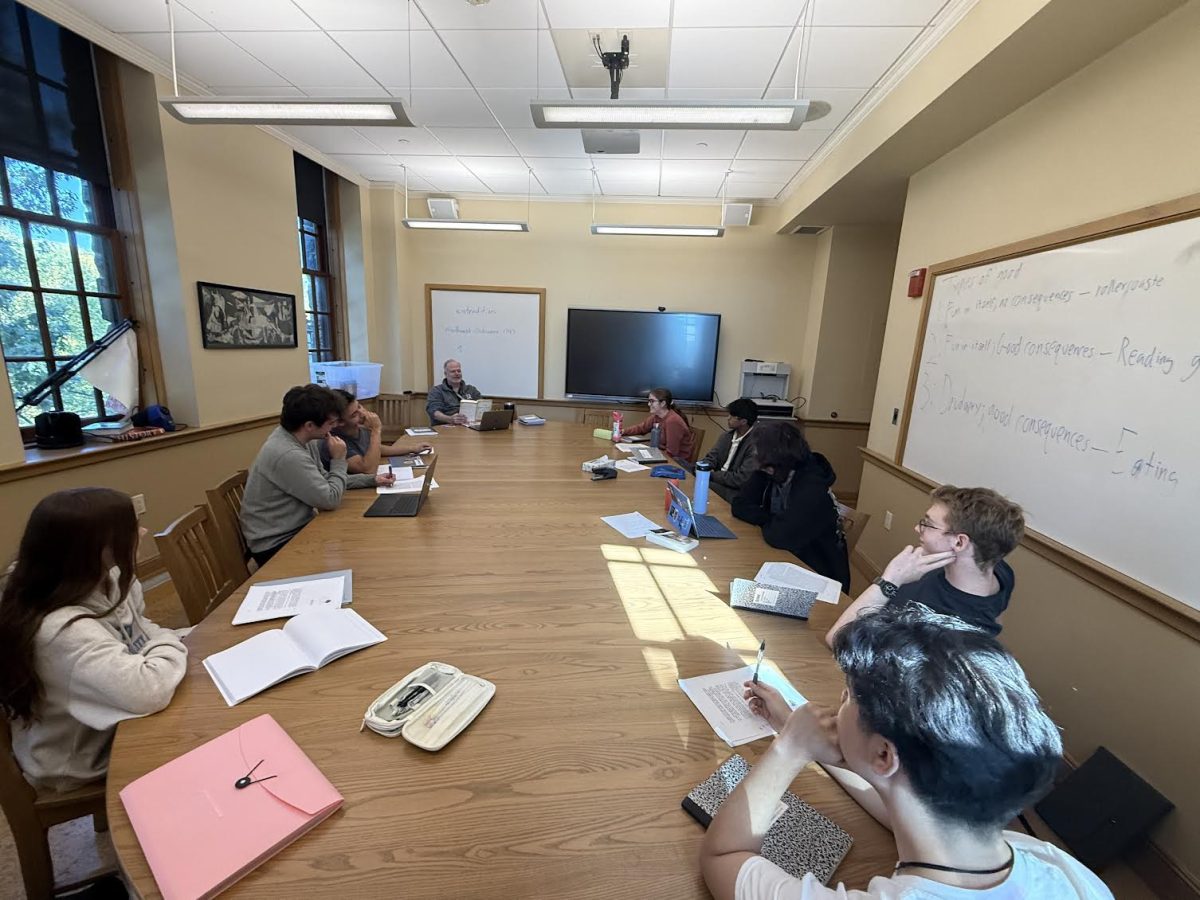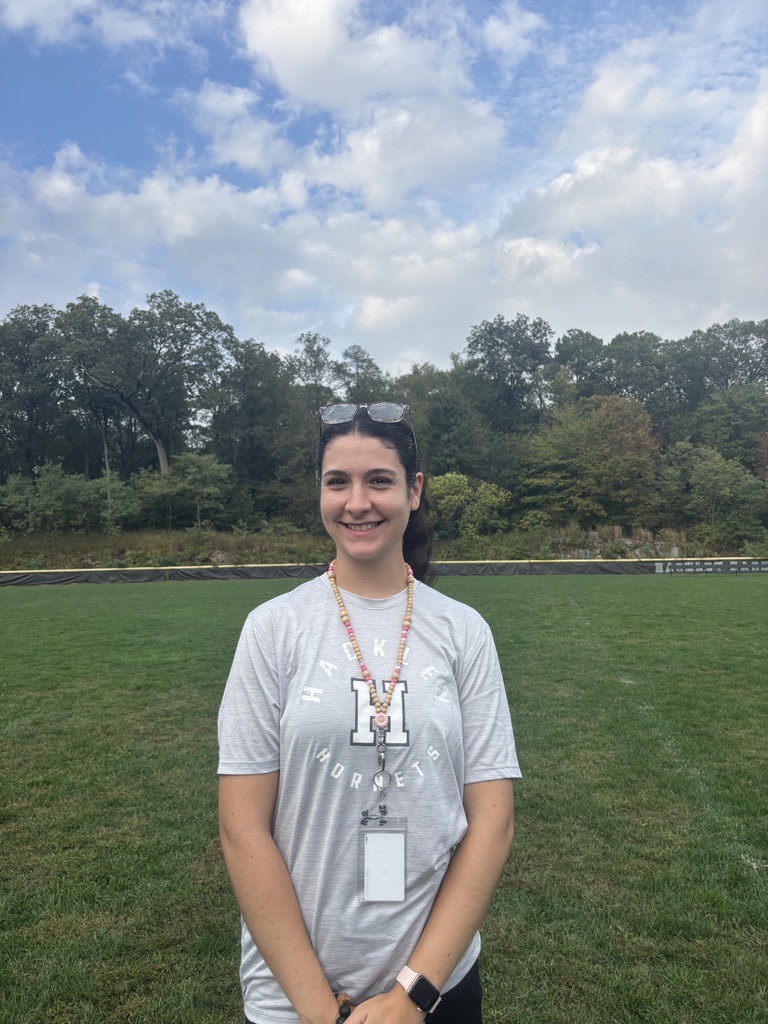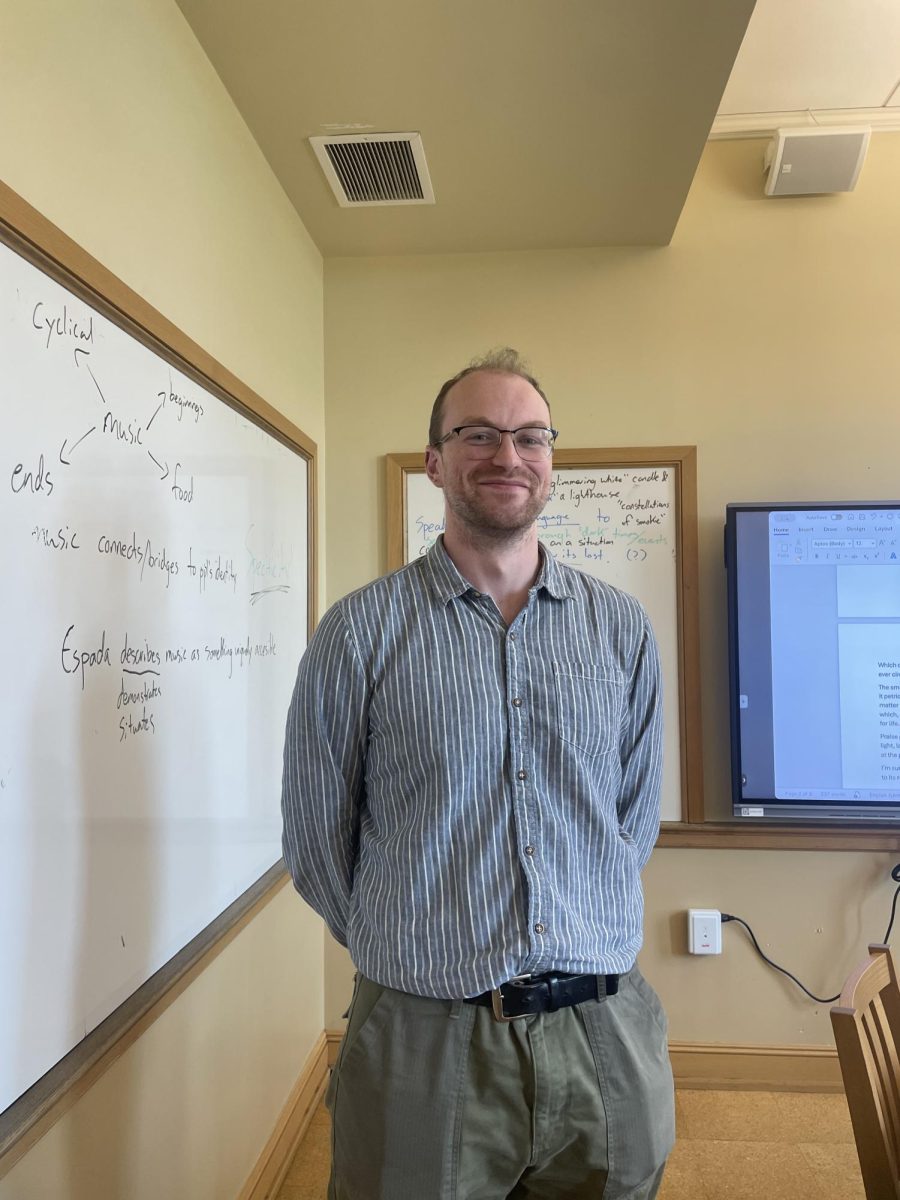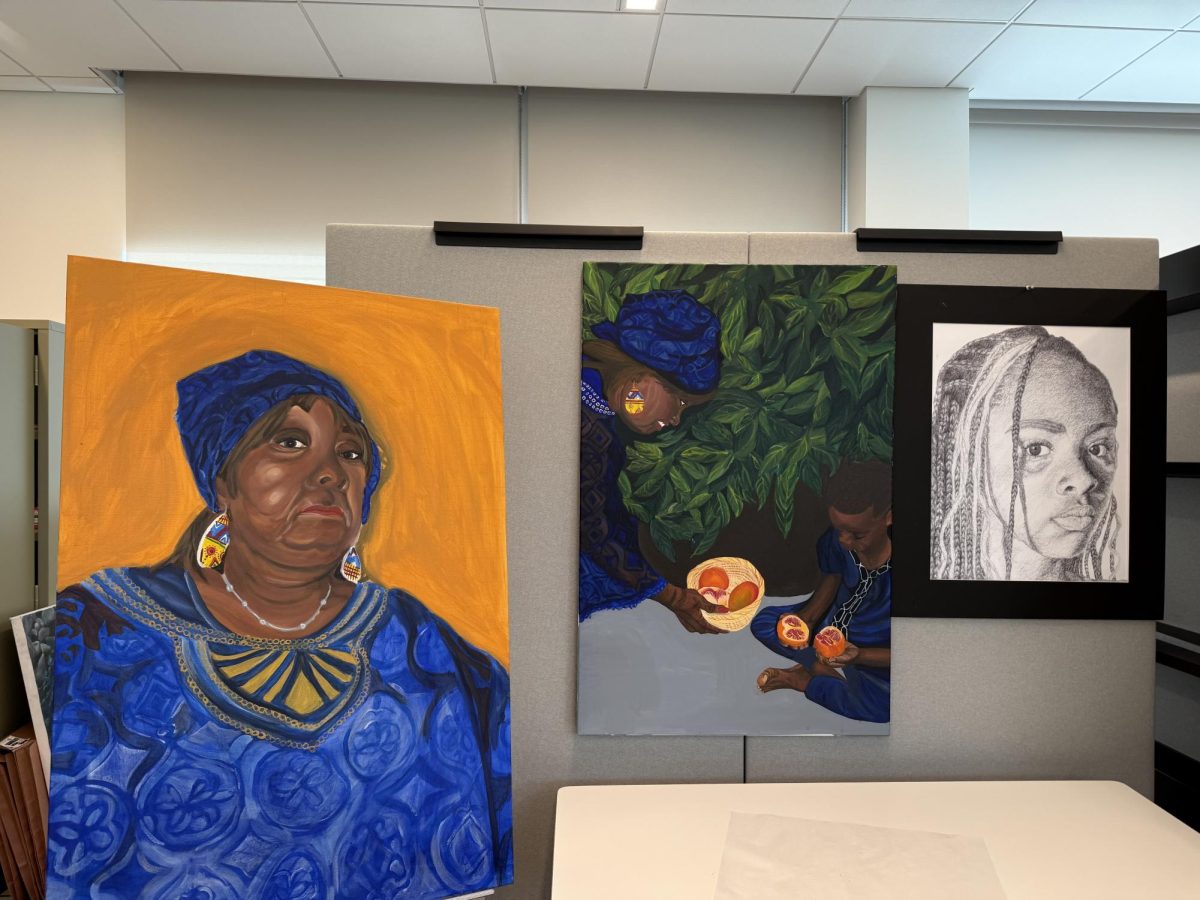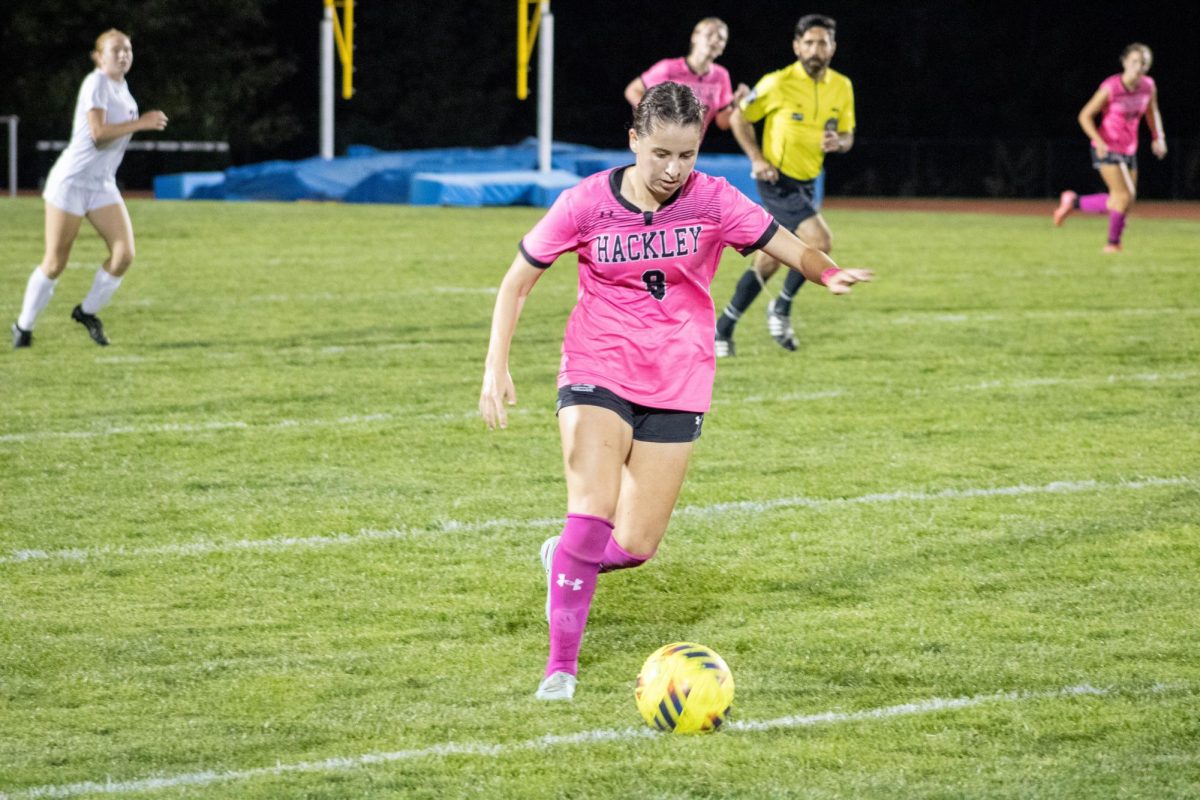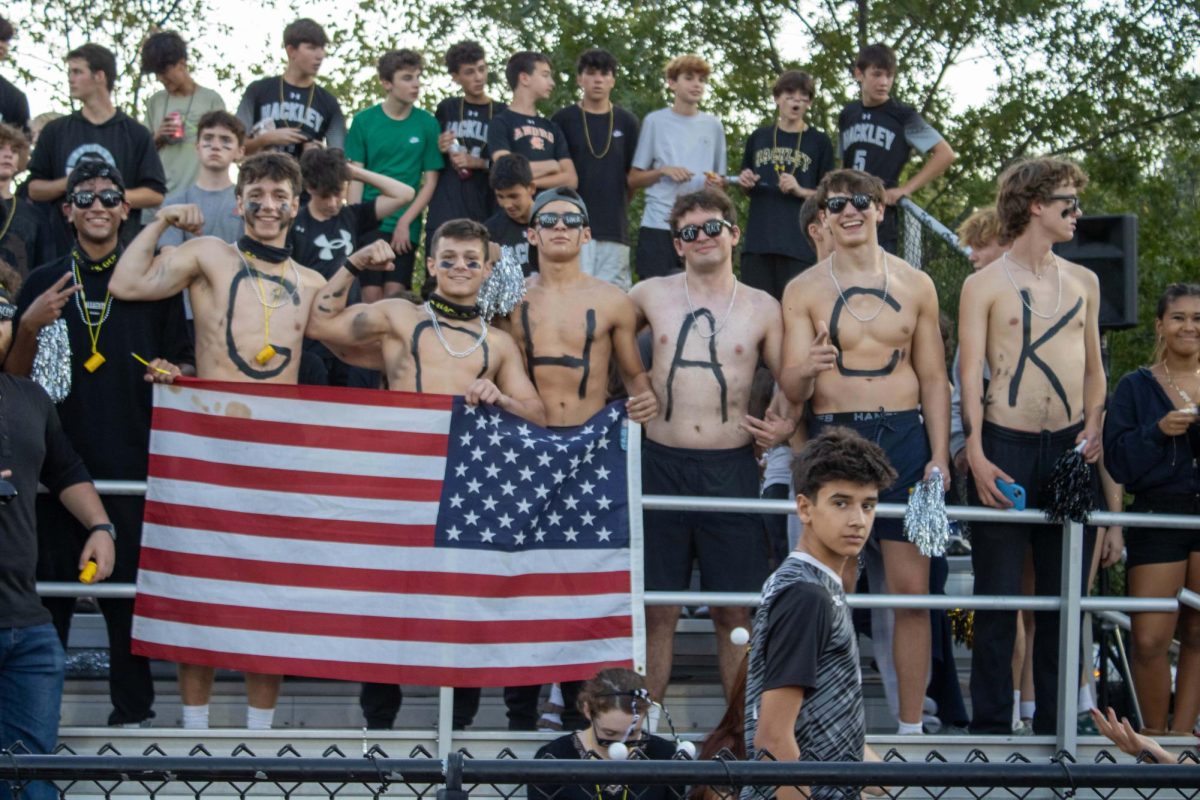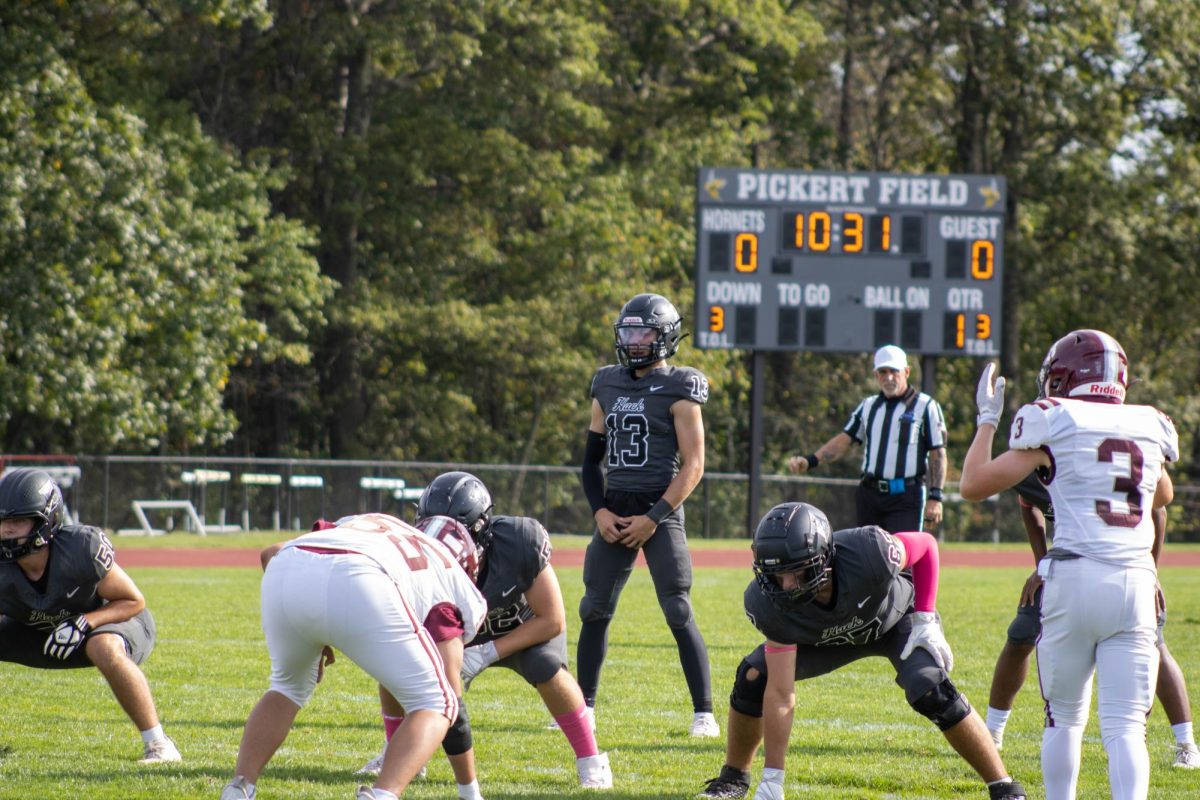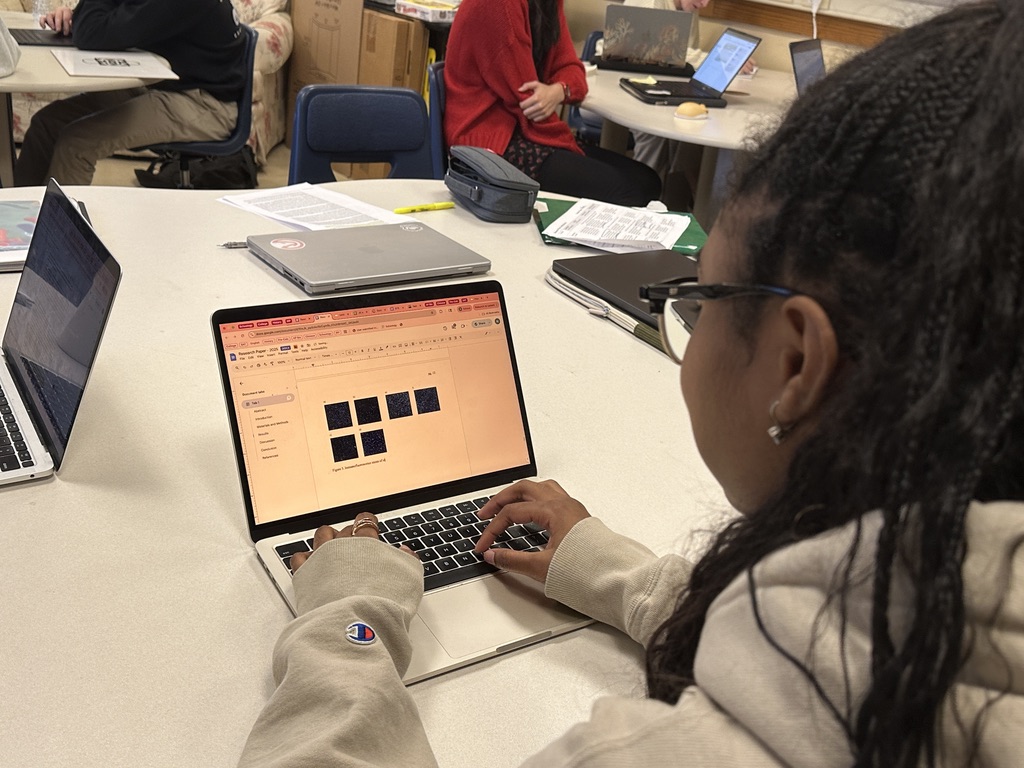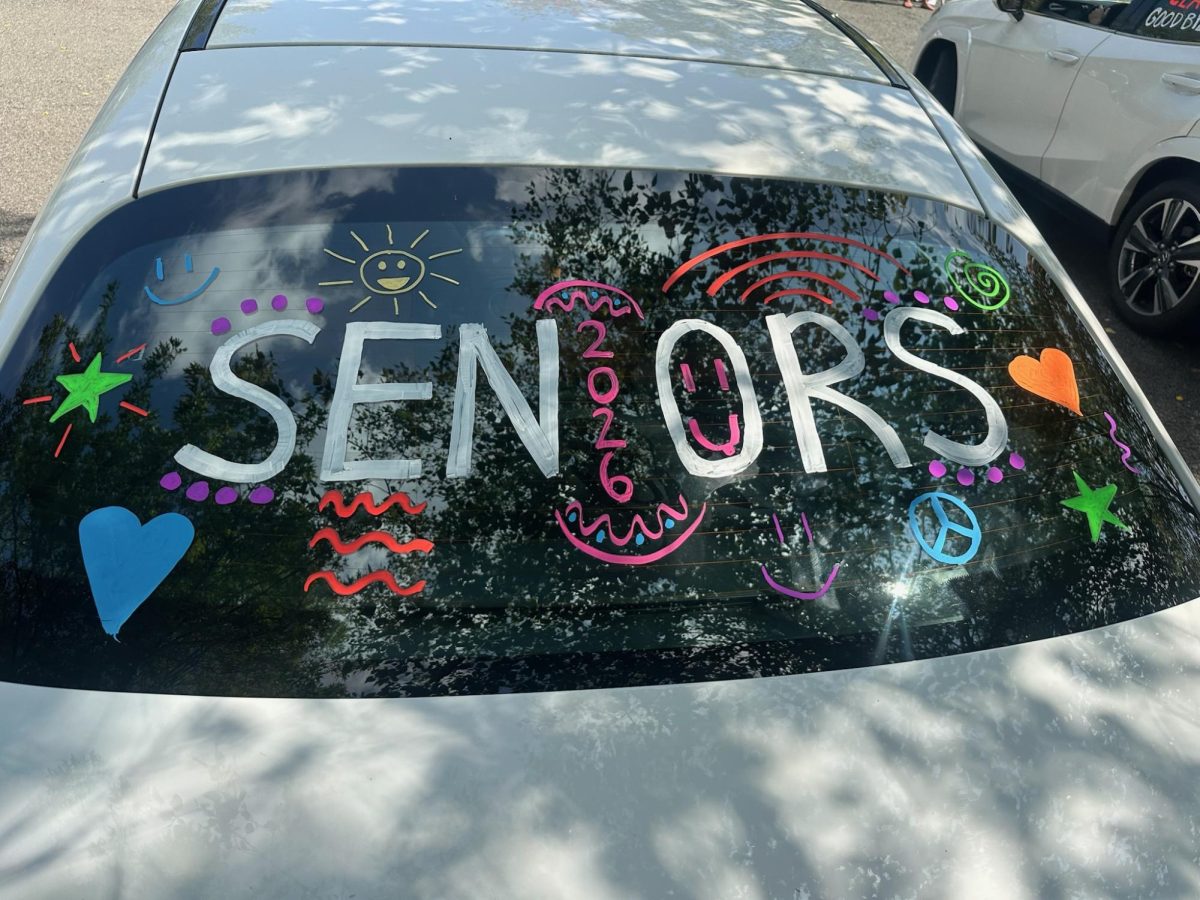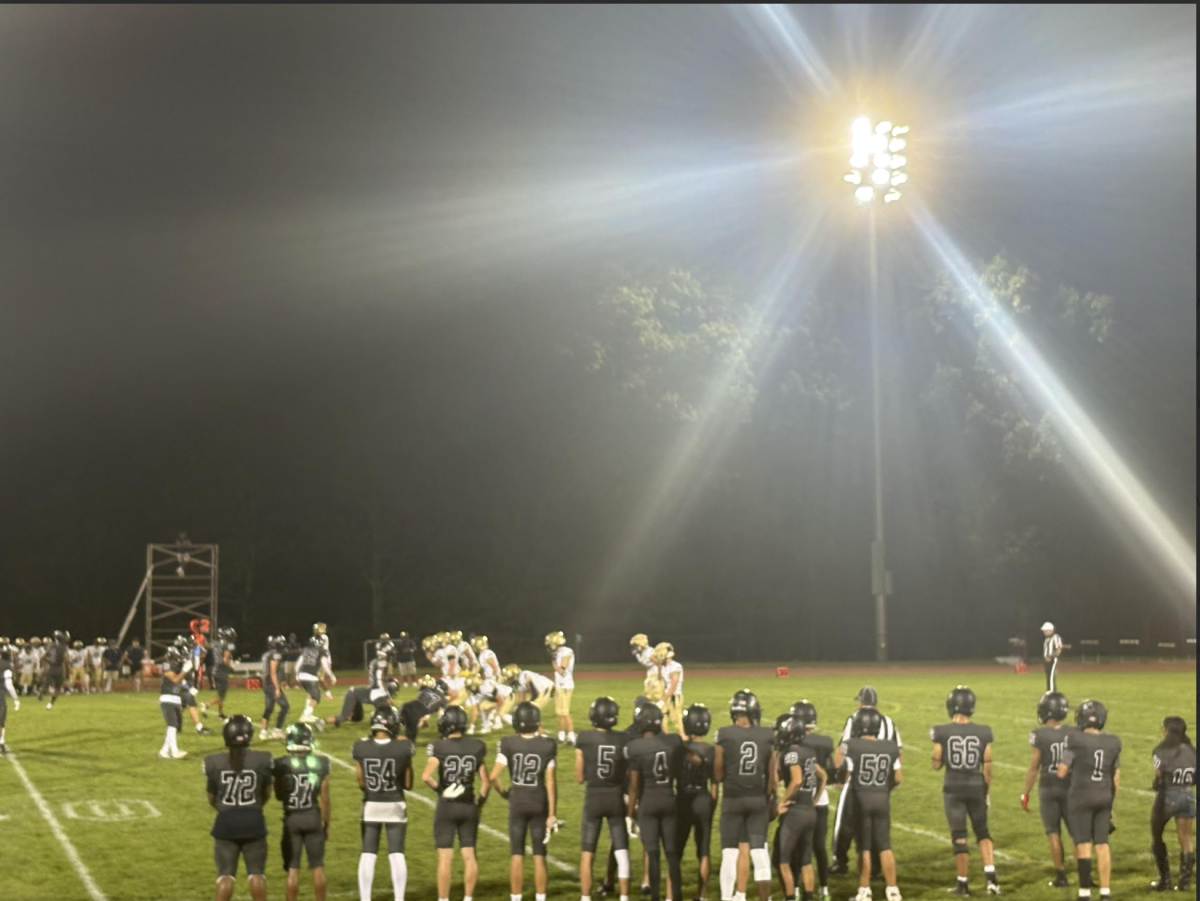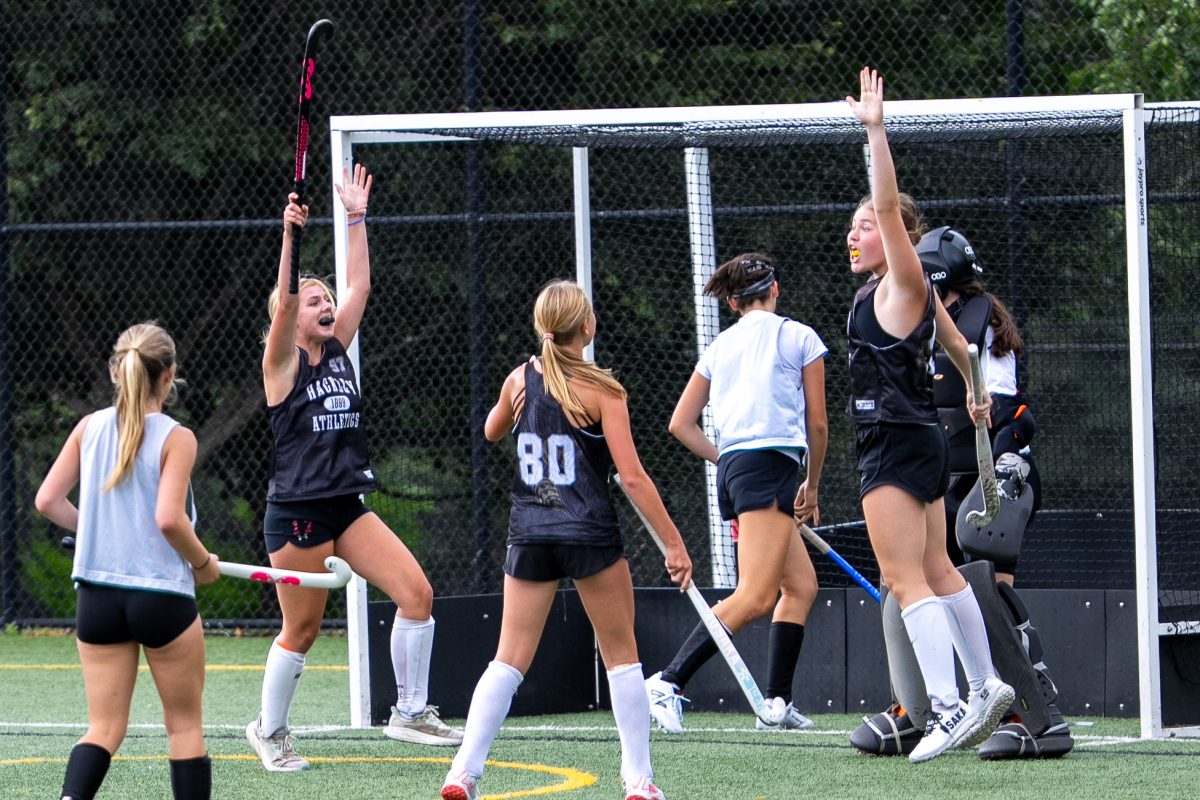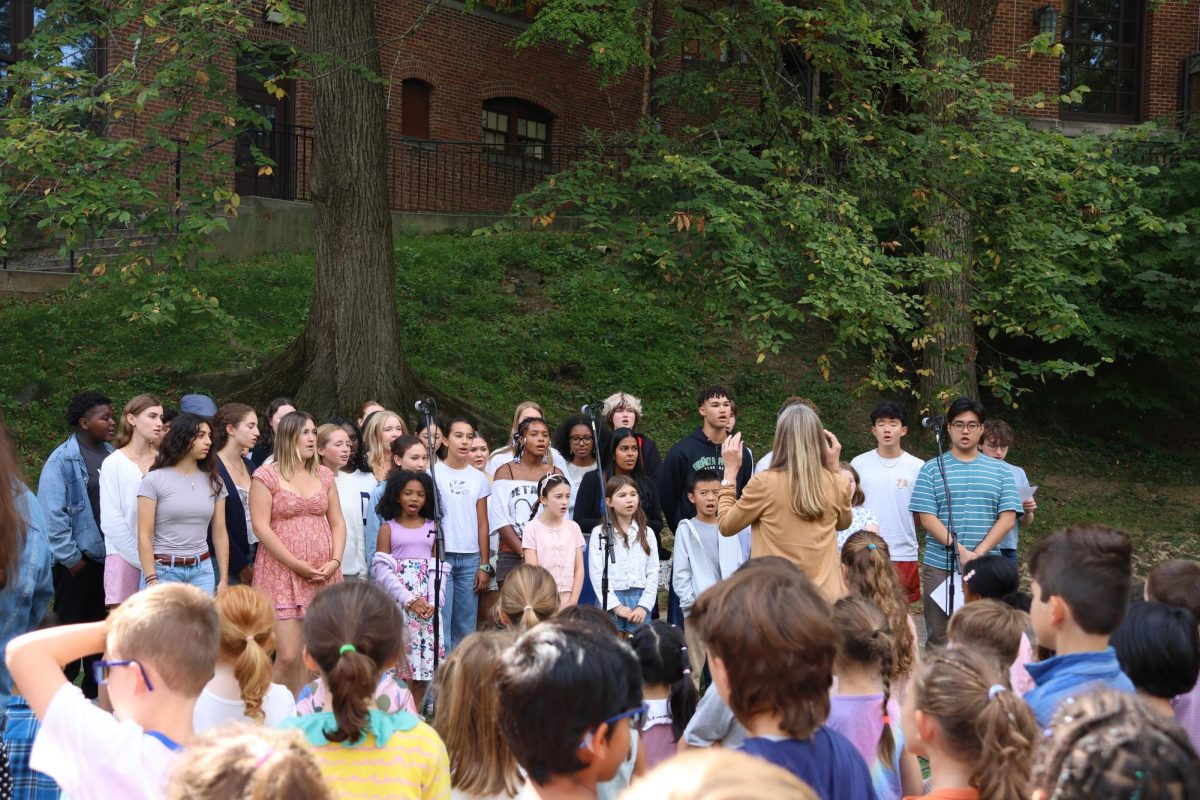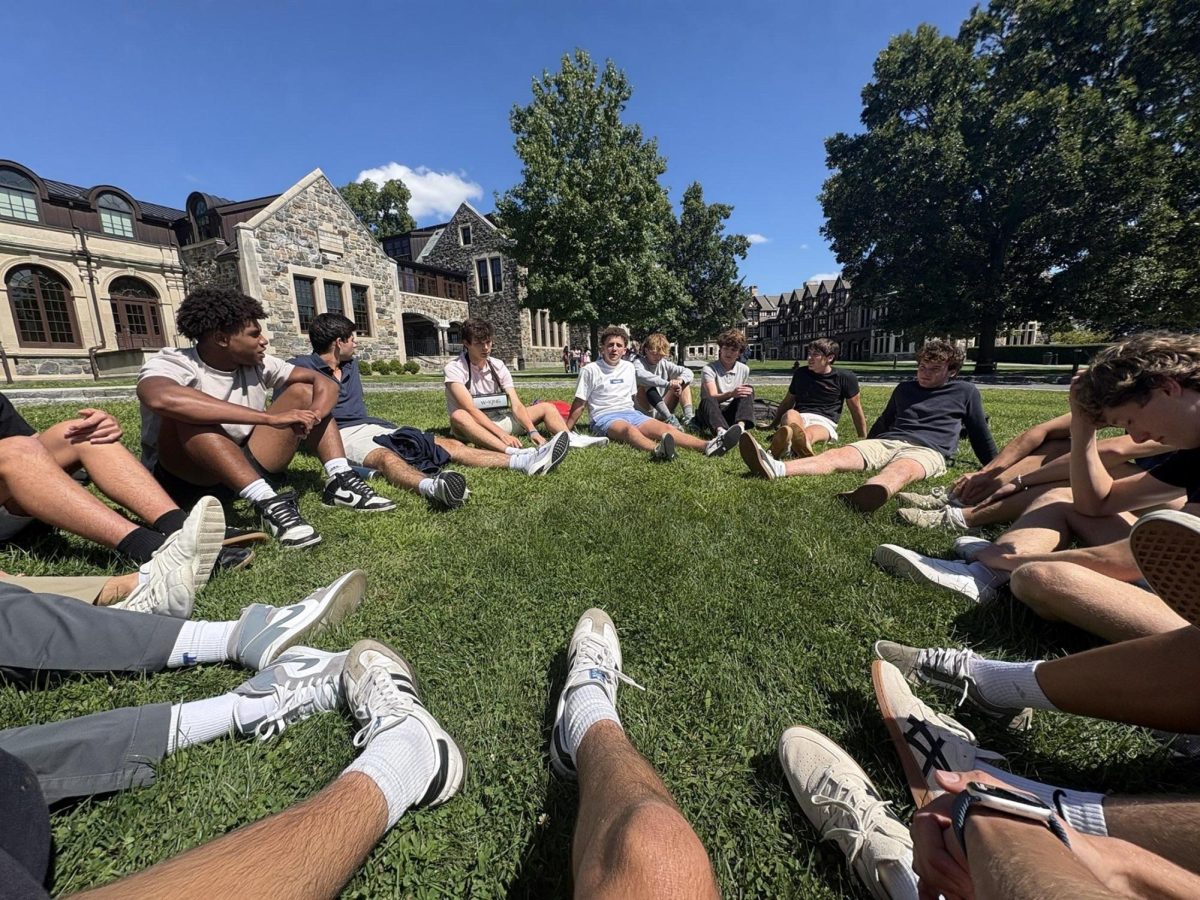It’s second period and a junior is trying to finish their English essay, but sitting next to them in the library is a group of freshmen talking about an upcoming football game.
With the implementation of the new schedule last year and the conditions of the underclassmen’s hallways, many middle schoolers, freshmen, and sophomores spend their time in the library. This has led to some frustration among upperclassmen who have found the library a distracting space since the younger students are not always on task and instead are talking with friends.
The main reason for the congregation of freshmen and sophomores in the library is due to each grade’s hallways not being ideal spaces for students to gather. Instead of a ceiling, there are pipes in reach of the students, some of which are hot and can be dangerous. These hallways are also in a tight space, not able to fit a class of about 100 students.
“I feel that the layout of the freshman hallway and the problems that arose earlier in the school year with the water and pipes have caused my grade to spend less time there,” said freshman Brigid Doherty.
Similarly, Leo Gutowski said, “There is no space for everyone to hang out, and I prefer to spend my time in the library. Also, there are rats down there.”
“I don’t like hanging out in the sophomore bubble because it is small and there are no seats,” said sophomore Isaac Price.
These conditions are certainly not ideal and exemplify why underclassmen feel the need to spend their free time in the library. Within the Sternberg Library, there are four study rooms, which are meant for students who need a quiet space to study or collaborate with peers. In practice, however, these rooms are not used as they are designed.
For example, there were instances of vandalism in the study rooms last year, and Library Department Chair and Upper School Librarian, Jennifer Swan, has now implemented a new system for getting access. She requires students to sign up for the rooms and that allows her to hold people accountable for leaving the space as they left it. So far, the study rooms have been checked out more than 600 times and it has demonstrated great success in preventing vandalism.
Although this system has proven to be successful, there have been complaints among the upperclassmen that students are checking out the study rooms to talk and congregate with friends, rather than to study or collaborate on an academic assignment. Some students have emphasized that being next to a loud and unproductive study room has caused their study room to also be unproductive, as they are unable to concentrate.
Regarding this situation, Ms. Swan said, “I do not believe in judging what students are doing in the study room. I trust that if you check out the study room, you are going to use it for group work.”
She emphasized the power that upperclassmen have over underclassmen when discussing this issue. She said that a senior should politely ask freshmen to lower their voices if they feel as though the freshmen are being disruptive. A group of seniors politely confronted freshmen, but the freshman did not listen, showing that this solution of confrontation is not always viable and effective.
Ms. Swan occasionally steps in and talks to students if the noise is too loud, but overall she does not want to reprimand the students because she sees the library as a safe space and a community where different grade levels can congregate together.
The library produces the most noise from 12:00 p.m. to 1:00 p.m. when the highest number of students congregate because it is lunchtime and therefore becomes a more social space.
In addition to serving underclassmen, the library is also for middle schoolers. The Sternberg library was always considered a middle and upper school library, but many middle schoolers were not given an opportunity to visit it with the old, seven-day schedule.
With the arrival of Middle School Librarian, Margaret Rhoades, and the introduction of more study hall periods in the new schedule, she was able to work with the middle school division to set up opportunities for visiting the library during study halls. Not all middle schoolers choose to go to the library, but Ms. Swan emphasized how it is great that they now have a choice. Some middle schoolers prefer to stay in Allen Hall or meet with a teacher, but a handful love to do work in the library.
While this is a nice opportunity for middle schoolers, it has upset some upper schoolers. “During some of my free periods, I come into the library and I can’t find a place to sit and do work because the round tables are reserved for middle schoolers,” said Ava Derby.
This has been a common complaint among the students as there are now fewer tables available. In addition, even if no middle schoolers are sitting there, depending on the time slot, upper school students are not allowed to sit at the reserved tables.
Others expressed that oftentimes the middle schoolers are not doing work, and instead, they are talking with friends, creating a disruptive and noisy library. On the other hand, middle schoolers are only allowed in the library on certain days and times, and it is supervised. In addition, they are not allowed to check out study rooms, as that is an upper school privilege.
Although middle schoolers should have access to the library, given the demanding coursework that many upper schoolers endure, they should not be occupying a lot of the library during upper schooler’s free periods. Middle schoolers should understand this and will probably come to realize that it may be disruptive once they join the upper school and are trying to complete their work.
Finding solutions to these conflicts has proved to be challenging. Ms. Swan explained how structurally, the library is not set up to be a quiet space because even if people are quiet upstairs, the sound from the senior lounge travels up.
To combat the complaints of noise in the library, Ms. Swan explained that her office is always open if a student needs a quiet space. In addition, there are empty classrooms including the computer labs around the Upper School.
She tries to be as flexible as possible while also acknowledging that the space and amount of study rooms we have in the library is a luxury.
It is also not clear how often this is a problem. Ms. Swan believes some students may focus on one experience in the library that caused frustration even if that’s not the norm. One bad experience may stick out, but it should not reflect the library as a whole, nor all the things it lacks, but instead, the things it provides for the students. Students should leave Hackley with a great experience in the library, and that is the main reason why Ms. Swan is not focused on punishing people.
Although there have been efforts to improve the productivity of the library, students are still upset and feel there has been no improvement. Instead, many feel it is only getting more disruptive.

